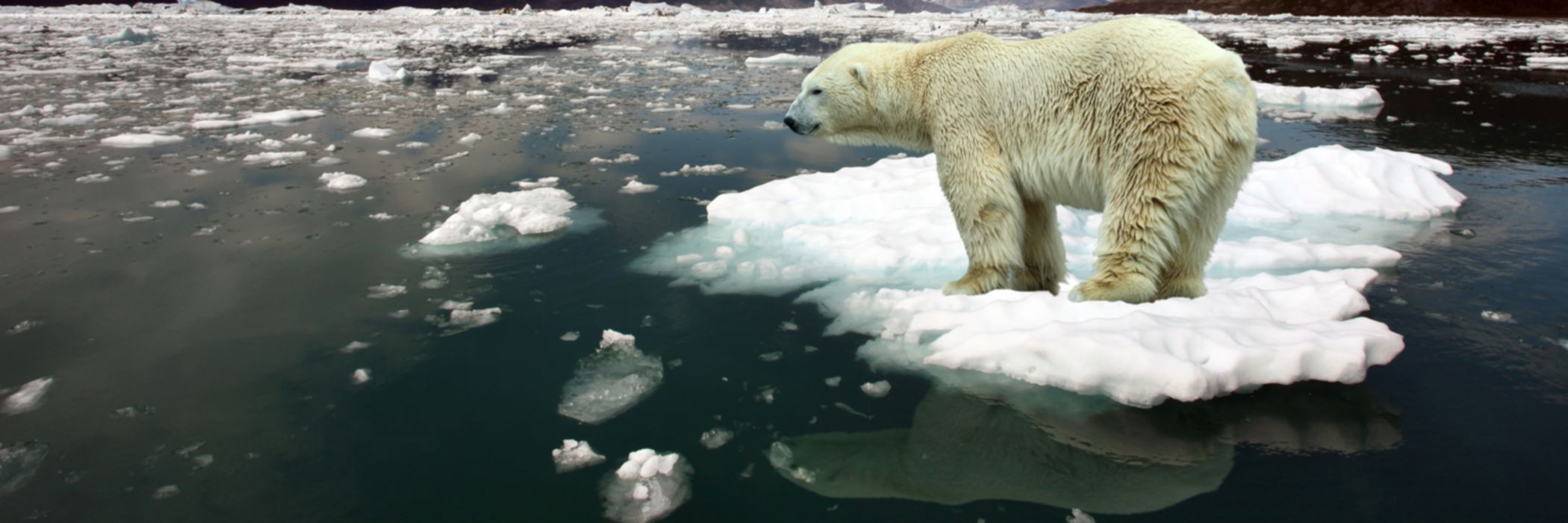The foundations of globalization are eroding. Protectionism is rising. Populism is turning into unilateralism. And the ties that have bound the old geopolitical world are weakening. Political risk is everywhere, and sensitivities are high.
At a national and a regional level, we are seeing a pull away from global geopolitical consensus. Multiple fracture points are emerging - whether it be on regional lines, political lines, trade lines, environmental lines or economic lines - that are weakening the foundations of globalization. If we're not careful, we risk losing much of what society has achieved since WWII.
Where once we saw consensus-building, what we are now seeing emerge is a web of temporary unstable alliances. Relationships and allegiances shift depending on the agenda. Two countries may partner on regional defense, for example, yet still come to economic blows on a trade issue. To say a 'new world order' is emerging would be wrong - there is very little 'order' to it.
Yet the fractures are not just cracking along national borders. The tone of political discourse at the national and sub-national level has become perilously divided. Centrists seemingly have little place for common ground.
Infrastructure is one of the few places we hope that consensus can still be found. Everyone agrees on the need for new and improved infrastructure (in some markets, leaders joke that the fastest way to get a policy agenda passed is by putting the word `infrastructure' into the headline somewhere). It is one of the few things, governments provide their citizens that they can actually see, touch and use. In a world of eroding trust, infrastructure can be the tissue that connects people with government.
For global infrastructure players - developers, investors, and operators in particular - this fracturing and shift to continuously shifting allegiances is creating complexity. Suddenly, traditional supply chains seem riskier. Costs and prices seem more uncertain. Regulation seems more fragmented, less consistent and less fit for purpose. The rules of international trade start to contradict. Work with the wrong parties, and you could find yourself blacklisted with other parties (see trend 8 for more on this).
A big risk for 2023 is that all this complexity and uncertainty can slow the pace of decision-making to a crawl. Right now, however, action is needed, and lots of it. Populations need more infrastructure and more leadership, not less. Our advice to infrastructure players is to keep their new geopolitical and supply chain security lenses on a pivot. In a world ruled by unstable temporary alliances, awareness and agility may be key.
Get in touch
Connect with us
- Find office locations kpmg.findOfficeLocations
- kpmg.emailUs
- Social media @ KPMG kpmg.socialMedia



